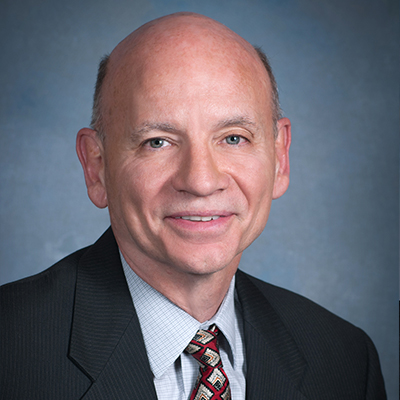We are left to wonder how Prince would have wanted his estate / legacy divided? Will his wishes be met? Read the article published by wealthmanagement.com, a division of Trust and Estates Magazine:
Don't hesitate to create some sort of estate plan. Contact the Law Offices of JEFFREY BURR to discuss preserving your legacy.
Upon the death of a person who created a revocable or living trust the trust agreement typically provides for distributions of the Trust assets among various beneficiaries.
A beneficiary of a Trust understandably wants his or her inheritance as soon as possible.
Trustees also desire to complete the administration of the Trust, including distributions to the beneficiaries, as quickly as possible after the period for filing creditor claims has expired.
The Trustee may also be a beneficiary or related to the Trust beneficiaries and these interesting “family dynamics” can put additional pressure on a Trustee to distribute the Trust quickly.
Regardless of all these facts and competing interests for a quick termination of the Trust, it is good practice for a Trustee to retain a certain amount of the Trust monies from the final distribution to the beneficiaries. This retention is often called a “holdback.
The amount of the holdback depends on the particular facts of each case. Oftentimes there is a final income tax return (Form 1040) of the decedent due the following calendar year that cannot be prepared and filed until after January 31 of the following year. For example, a person dies on June 1, 2016 with a Trust. The Successor Trustee is responsible for filing the deceased person’s final Form 1040 (or a state tax return if state income tax is involved) regarding any taxable income of the decedent from January 1, 2016 to the date of death. This final income tax return is due on or before April 15, 2017, and should be filed by the Trustee or Executor. However, the decedent’s forms 1099s, W-2s, W-4s, Schedule K-1s, et cetera for the 2016 calendar year will not be issued by the decedent’s employer or other sources of income until on or about January 31, 2017. And realistically the tax preparer may not complete the income tax return until March or April, depending on their workload. Accordingly, the Trustee needs to holdback a sufficient sum to pay the fees of the tax preparer and for payment of any income tax that may be due on the decedent’s final income tax return.
Additionally, the IRS has 3 years from the filing date of a tax return to audit the return. If there is a likelihood of an audit of the 2016 return or the 2 previous income tax returns of the decedent, there may be additional tax, penalties and interest owed. If this occurs there will be accountant and attorney fees incurred in an audit. Additional monies must be held back in the likelihood of an audit. It is common for a Trustee to retain a holdback until the 3 year audit period has expired, after which the remaining holdback is distributed to the beneficiaries.
Holdbacks are also utilized when a federal estate tax return is filed. (Estate tax returns are required if the estate value is above $5.45 million for a single deceased individual or up to $10.9 million for married deceased taxpayers).
The most important reason for a holdback is that a Trustee is personally liable for any tax due to the extent that Trust assets were under the Trustee’s control, even if the Trust assets have already been distributed to the beneficiaries. Accordingly, a Successor Trustee should always consult a knowledgeable trust attorney before making distributions. At Jeffrey Burr, Ltd., our trust administration attorneys have assisted numerous individual and corporate Trustees in performing their duties.
 |
|
John R. Mugan, Esq.
Trust Administration Attorney
|

"*" indicates required fields